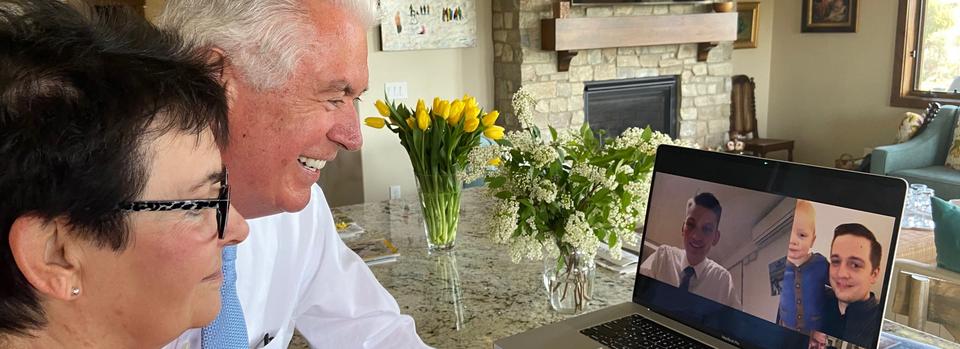
One of the unfortunate consequences of COVID-19, and of the fear engendered by the virus spreading throughout the world, is the needed practice of “social distancing.”
While this practice is necessary to avoid further spreading of the virus, it may have some negative psychological consequences, such as increase in anxiety, depression, anger, loneliness, feelings of frustration and even simple boredom.

As increasingly stringent so-called “social distancing” measures are put in place to slow the spread of the virus, mental health experts are warning that losing everyday social connections comes with psychological costs.
An early draft of a study by researchers at The University of Manchester and Swansea University shows, for example, that social distancing and isolation is having significant impacts on people’s mental health and emotional wellbeing.
Dr. Williams, who leads the study, said: “Remarkable efforts are being made by the public to contain the spread of the COVID-19, and these efforts should continue as long as is necessary … However, it is coming at a significant cost to people’s mental health and wellbeing, particularly those in low-paid or insecure jobs.”
Many other studies are confirming these findings. Many quarantined individuals experienced both short- and long-term mental health problems, including stress, insomnia, emotional exhaustion and even substance abuse.
In this difficult situation we all need to find reasonable ways for keeping an healthy balance in our lives. The virus is dangerous, but it’s not the only threat to our health.
With this premise in mind, I really loved the message from Elder Dieter F. Uchtdorf of the Quorum of the Twelve Apostles of The Church of Jesus Christ of Latter-day Saints titled, Don’t Mask Your Heart.
Elder Dieter F. Uchtdorf writes:
Since the pandemic began, we often hear the term “social distancing”—implying the idea that we should keep a certain distance between ourselves and other people. Personally, I prefer the term “physical distancing” rather than “social distancing” to refer to this practice.
Harriet and I are confident that physical distancing helps us to protect ourselves and others from the dangers of the pandemic, and we try to comply as best as we can.
During this time, we have learned how important and vital it is to our well-being to stay socially close to family, friends, and our brothers and sisters in the Church of Jesus Christ.
In other words, while “physical distancing” may be necessary, we should all make an effort to compensate for this forced distancing with alternative ways of connecting with people, because we all need that “social” support.
The words “social distancing” convey the idea of isolation from others, and most people have a hard time to maintain their wellbeing when are isolated for long periods of time from others.
Elder Uchtdorf continues:
Fortunately, today there are many amazing tools and means available, some supported by technology, to reduce social, emotional and spiritual distancing. Harriet and I consider these tools to be timely gifts from heaven. With the help of these means, we can feel very close to our friends and family members. Because of technology tools, we can see our children, grandchildren, and great-grandchildren quite often and take part in their daily lives. This way we celebrate birthdays, admire new plays and games, read bedtime stories, or join on a walk while on a video call. It is always uplifting to hear their experiences of partaking of the sacrament and pondering the Come Follow Me teachings.
Above all, we are most grateful for the gift and power of prayer. Through prayer, we can be spiritually and socially close to Heavenly Father, His Son Jesus Christ, and to our families and friends wherever we are and whatever the circumstances may be.
